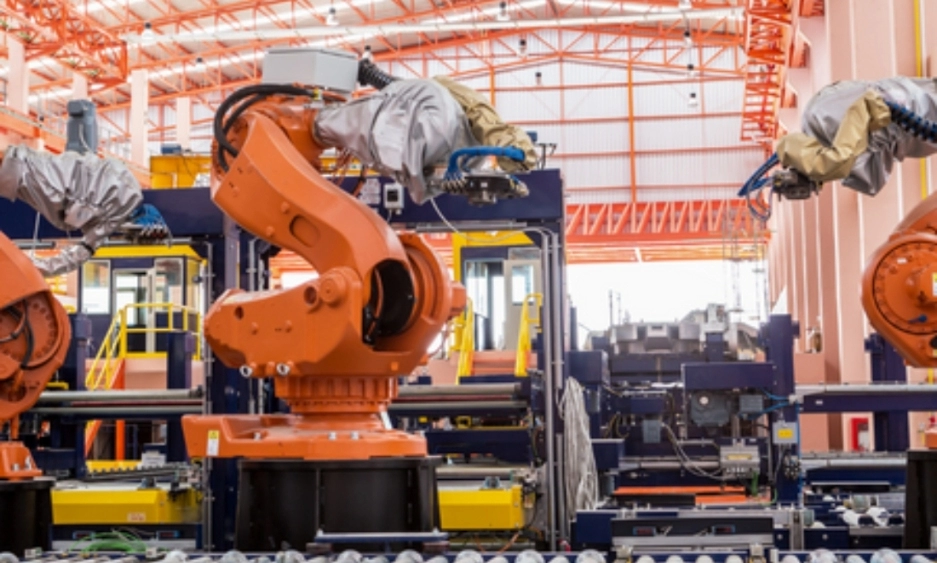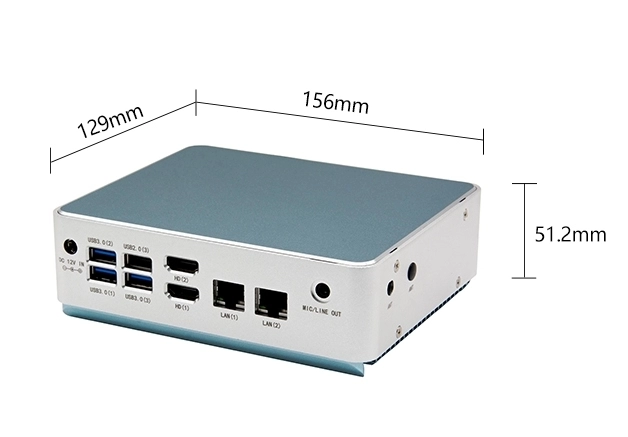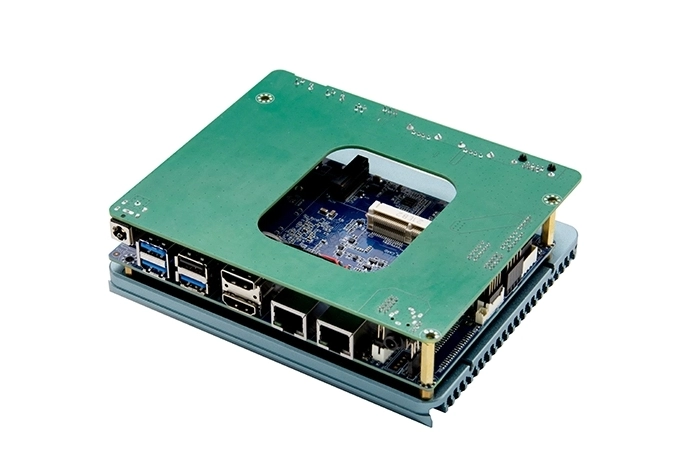In fast-paced industrial landscape, efficiency and productivity are critical for staying competitive. One of the key technological advancements driving industrial automation and digital transformation is the Mini PC. Compact yet powerful, Mini PCs provide a cost-effective and energy-efficient computing solution tailored for industrial applications.
What Makes Mini PCs Ideal for Industrial Use?
Mini PCs have evolved beyond their traditional consumer applications and are now widely used in industrial environments due to their small form factor, high performance, and durability. Compared to conventional desktop computers, Mini PCs offer several advantages that make them an excellent choice for industrial automation and process optimization.

Key Benefits of Mini PCs in Industrial Settings
1. Space-Saving and Compact Design
Industrial environments often have limited space for computing systems. Mini PCs offer a compact footprint that allows for easy installation in control cabinets, production lines, and embedded applications without taking up excessive space.
2. Energy Efficiency and Cost Savings
Mini PCs are designed to be highly energy-efficient, consuming significantly less power than traditional industrial computers. Lower energy consumption translates to reduced operational costs, making them a cost-effective solution for businesses looking to improve efficiency without increasing power expenses.
3. High Performance for Industrial Applications
Modern Mini PCs are equipped with powerful processors, SSD storage, and industrial-grade components, enabling them to handle demanding tasks such as real-time data processing, automation control, and AI-driven analytics. This ensures seamless operation in industrial environments requiring reliable and fast computing power.
4. Durability and Reliability
Industries such as manufacturing, logistics, and automation require computing devices that can withstand harsh environments. Many industrial Mini PCs are designed with fanless cooling, rugged enclosures, and extended temperature tolerance, ensuring long-term stability in extreme conditions.
5. Connectivity and Integration with Industrial Systems
Mini PCs come with a variety of I/O ports, including USB, HDMI, RS-232, and LAN, making them compatible with industrial machinery, IoT devices, and automation networks. This seamless integration helps improve data collection, remote monitoring, and system control.

Applications of Mini PCs in Industrial Efficiency
Factory Automation: Used for controlling production lines, monitoring real-time operations, and optimizing workflow efficiency.
Industrial IoT (IIoT): Enables smart connectivity with sensors, data acquisition systems, and cloud-based analytics.
Edge Computing: Processes data closer to the source, reducing latency and enhancing decision-making.
Digital Signage and HMI: Supports industrial displays for user interfaces, dashboards, and process visualization.
Machine Learning: Enhances predictive maintenance and quality control in industrial settings.

YENTEK®: Leading the Way in Industrial Computing Solutions
As a high-tech enterprise specializing in the R&D, production, sales, and service of industrial computing products, YENTEK® provides state-of-the-art Mini PCs designed for industrial environments. Our Mini PCs are built with cutting-edge technology to meet the evolving demands of automation, edge computing, and industrial digitalization.
Mini PCs: The Ultimate Solution for Space-Saving and Efficient Computing
https://www.hanzsung.com/
YENTEK



More Stories
How CNC Aluminum Machining Supports High-Performance Industrial Applications
How Long Do LiFePO4 Batteries Really Last? Cycle Life Explained
Mesima Mushroom Powder Extract